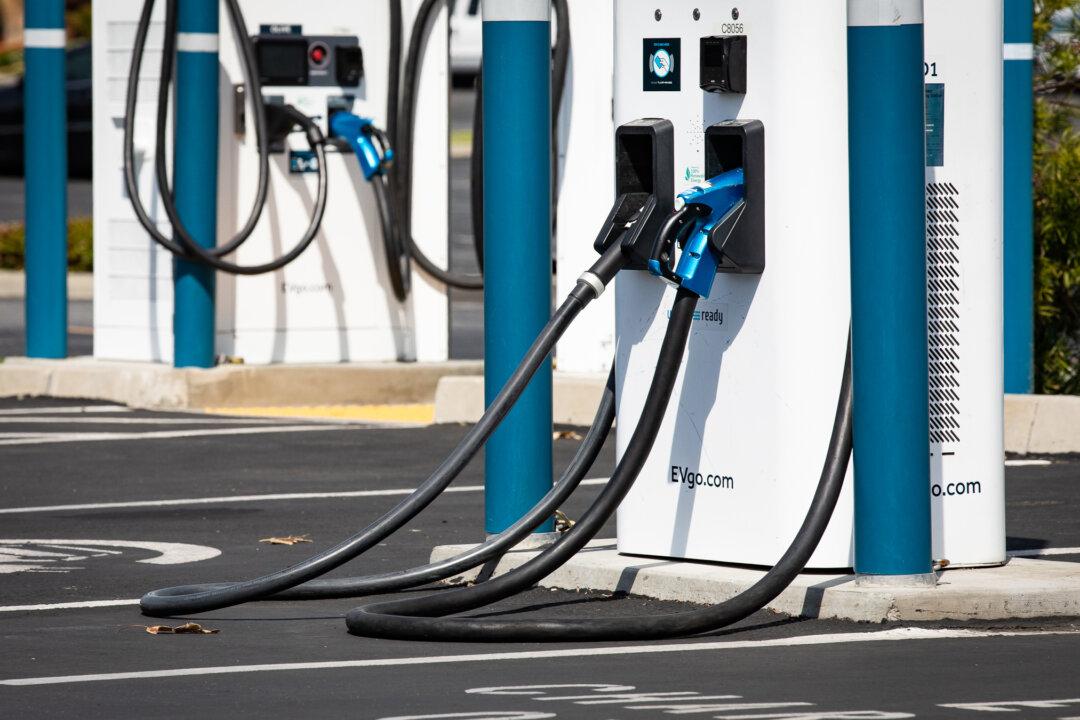Incentives to switch to electric vehicles are growing in the neighboring states of Tennessee and North Carolina.
On Nov. 28, the Tennessee State Funding Board approved one of the largest cash grants in Tennessee history to win an economic development deal with LG Chem Ltd., a company that plans to invest $3.2 billion to develop a cathode materials plant for electric vehicle batteries.





